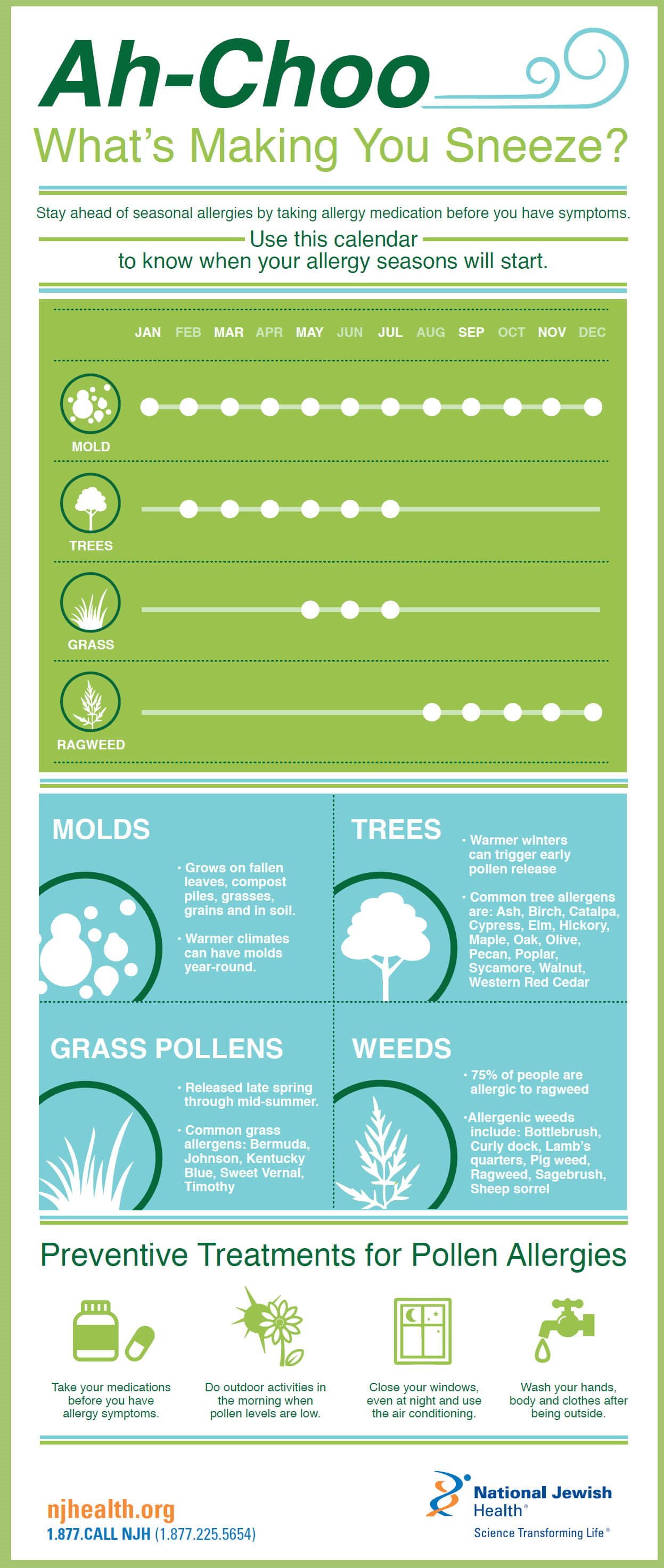How Climatic Variables Affect Heat Pump Workflow And Practical Procedures To Address These Difficulties
How Climatic Variables Affect Heat Pump Workflow And Practical Procedures To Address These Difficulties
Blog Article
Content Writer-Pacheco Crabtree
When it concerns your heat pump, weather condition plays a vital function in its efficiency. From freezing temperatures to sweltering heat, each component can affect exactly how efficiently your system runs. However what can you do to deal with these weather-related difficulties and ensure your heat pump is operating at its ideal? Keep tuned to uncover useful tips and strategies to optimize your heatpump's performance, regardless of the climate condition it faces.
Weather Factors Influencing Heat Pump Performance
Climate aspects have a significant impact on the effectiveness of heat pumps. air conditioning tips to save energy is temperature. Heat pumps function by moving warm from outdoors to inside during wintertime and the other way around in summertime. As temperatures drop, it becomes harder for the heatpump to essence warm from the outdoors air, lowering its performance.
Another key element is humidity. High moisture levels can make it extra tough for the heatpump to release warmth during the cooling process.
Furthermore, wind rate contributes. Strong winds can dissipate the warmth taken in or launched by the heat pump, affecting its overall performance.
Tips for Optimizing Heat Pump Efficiency
To boost the efficiency and long life of your heatpump, implementing a couple of vital techniques can make a significant distinction in its efficiency.
Firstly, make heat pumps riverlea by cleaning or changing filters every 1-3 months to avoid air movement clogs and maximize air movement. In addition, timetable yearly professional evaluations to detect and address any type of prospective problems early.
Ideal thermostat setups likewise play a vital role. Throughout the winter, go for a temperature setup that's as reduced as comfy, and throughout the summer, established it as high as comfy to decrease the workload on your heat pump. Using a programmable thermostat can help you instantly adjust settings based on your routine.
Furthermore, securing leaks in ductwork and protecting ducts in unconditioned rooms can stop power loss and boost general system performance.
Finally, think about setting up a wise thermostat that can discover your behaviors and readjust setups appropriately, further enhancing your heatpump's efficiency. By floor heat pump to these ideas, you can guarantee your heatpump runs successfully and successfully throughout the year.
Best Practices for Weatherproofing Your Heat Pump
For ideal efficiency and effectiveness of your heatpump, implementing weatherproofing measures is crucial. Start by securing any type of gaps or cracks around doors, home windows, and ductwork to avoid warm loss and maintain a constant indoor temperature level.
Shield exposed pipelines and ducts to avoid cold during cold weather and make certain correct airflow. Consider setting up a safety cover over the outdoor unit to secure it from harsh weather condition aspects like snow, ice, and particles.
Regularly tidy the exterior system to remove dust, leaves, and debris that can obstruct air movement and decrease efficiency. In addition, keep the area around the heat pump free from snow, ice, and greenery to enable correct air flow.
Verdict
Since you understand exactly how weather influences your heatpump efficiency, you can take positive steps to optimize its efficiency. By complying with the pointers described in this short article, such as regular maintenance, thermostat adjustments, and weatherproofing procedures, you can ensure that your heatpump operates at its ideal regardless of the weather. Remain ahead of the game and keep your home comfortable all year round.
